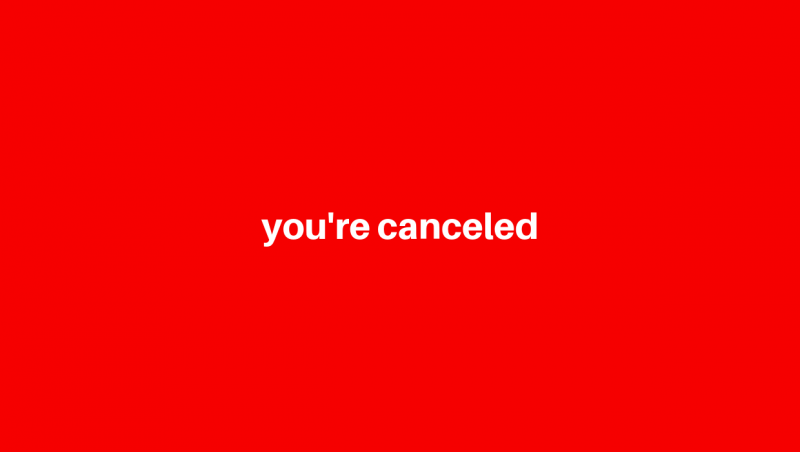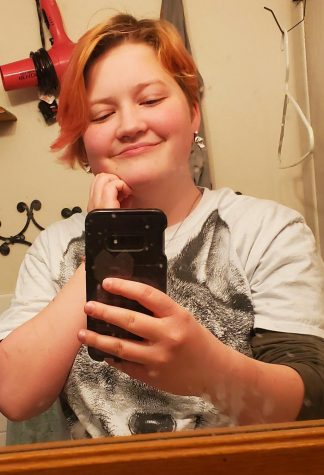Cancel Culture Complicates Media Consumption
December 16, 2019
Canceled: this is a phrase that any teenager who spends more than a few moments on the internet in this era knows.
When something is “canceled,” according to the urban dictionary, a piece of pop culture, from a book to a person to a song, is “made irrelevant due to current drama.” “Cancel culture” has become massive in recent years on social media platforms, with it being centralized on Twitter, with recent online drama involving people like Jojo Siwa, a young dancer and singer, and James Charles, a popular YouTube makeup artist, and even entire groups like the subculture of furries have been condemned. A far more personal cancelation could be seen in how we as a school reacted to the students who used to dance to k-pop outside of the school.
All of this is ultimately a form of criticism, specifically aimed at content and media we consume. It is all a way that people express their dislike for something or someone that people deem worthy of contempt. It is my belief that this form of criticism is far too extreme, but it is important to employ a certain level of critical thinking when we ingest media, especially in this day and age with the constant barrage of content on the internet.
It’s important to truly understand the context and background of a piece of media because it allows you to be able to grasp the full meaning. It minimizes the chance for misunderstandings or misinterpretations.
For example, I absolutely love classic literature. From Little Women to Frankenstein, it’s my favorite genre of fiction. I love the word choice and the beautiful language; however, due to the long past publication of said works, they are filled to the brim with problematic and sometimes offensive characters and moments. The authors held sexist, racist, anti-semitic, and plenty of other awful viewpoints, but I don’t think that these authors should be completely written off. While it’s important to point out and take these viewpoints into consideration, it is as important to take the context of the time period. An author from the 19th century has incredibly different ideas and societal outlooks than those of our 21st century. Criticizing this media allows for enjoyment but does not eliminate the complete understanding of the material.
When it comes to non fiction, an example of criticizing media would be the analyzing of news pieces concerning how factual they are and whether or not they are reporting the correct information.
Vannesa Otero, creator of the media bias chart at https://www.adfontesmedia.com/, stated that it’s important to criticize all media because, “All types of media, especially entertainment media, convey messages, and anything you spend time consuming influences you.” By criticizing, she means that readers should analyze media rather than “just pointing out the faults.” Otero specifically works on the analysis of news media and in the field of media literacy, a field of study that is centered on helping students understand the influences of media.
When it comes to how intensely we should criticize media, Otero states that, “… one should evaluate the effect that the media you consume has on you and weigh the pros and cons of how much you consume it.” For news, she suggests using the concept of lateral reading, which is when you have various articles open about the same topic or event in order to eliminate any fake news. However, Otero does not think that cancel culture is an effective solution to criticizing media, stating that it’s lazy and that it puts people automatically in the social category of unredeemable, which is frankly unfair. Overall, Otero believes that criticizing media is very important, but there are good ways and bad ways to do so.
Criticizing media allows for better enjoyment and for the meaning of certain pieces to be truly seen. Without any sort of analytical eye put towards media, what we consume can’t be fully enjoyed. Things like cancel culture oversimplify complicated issues and ruins people’s careers.


